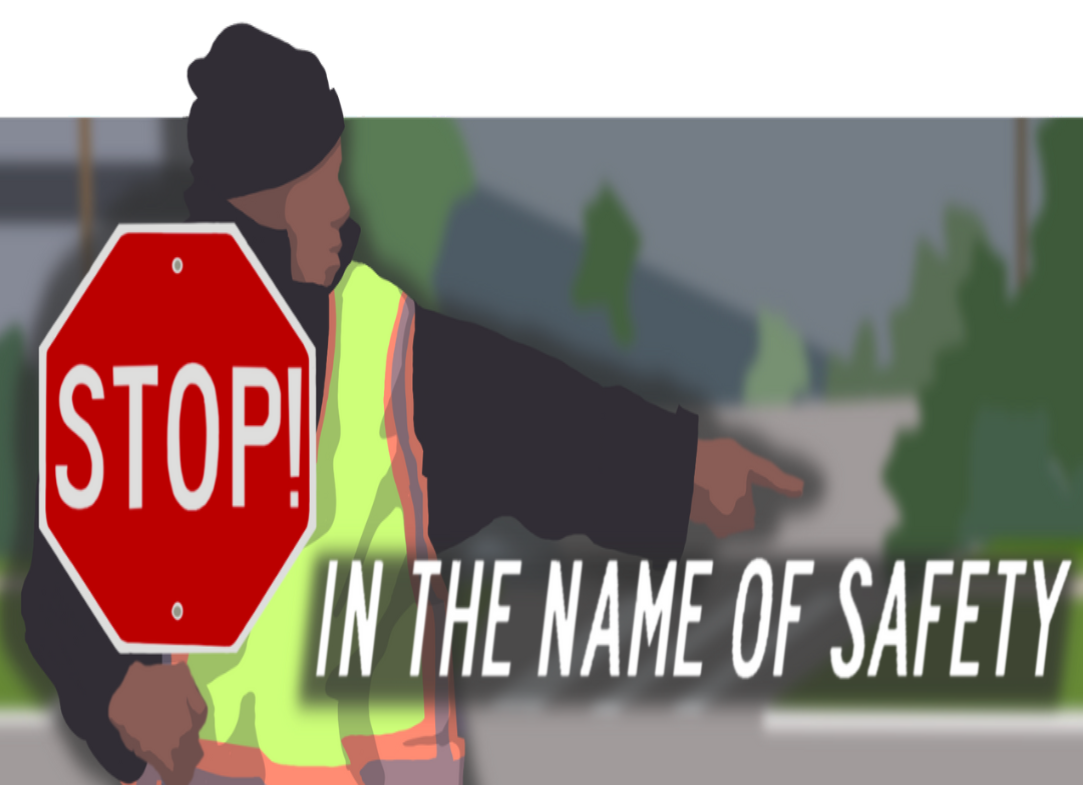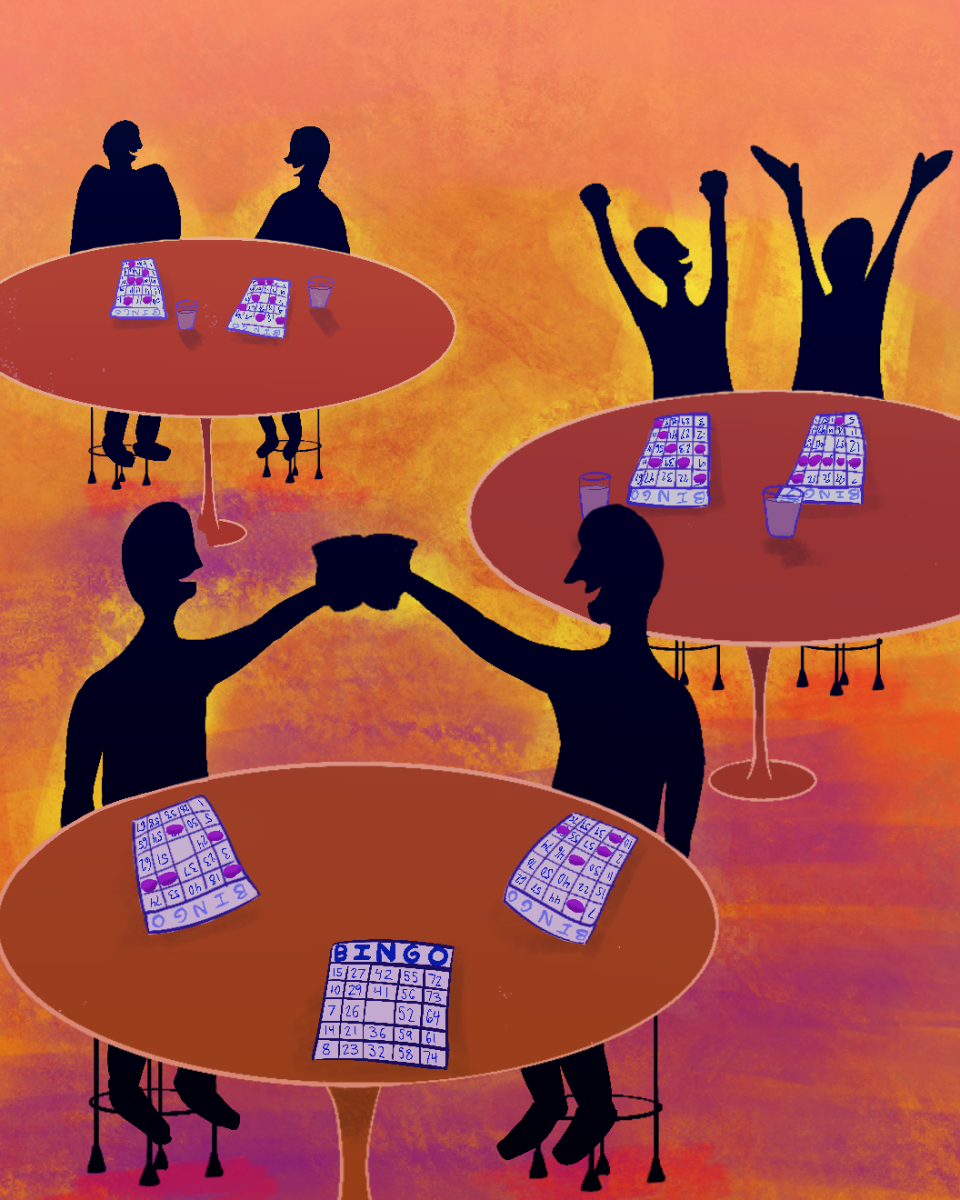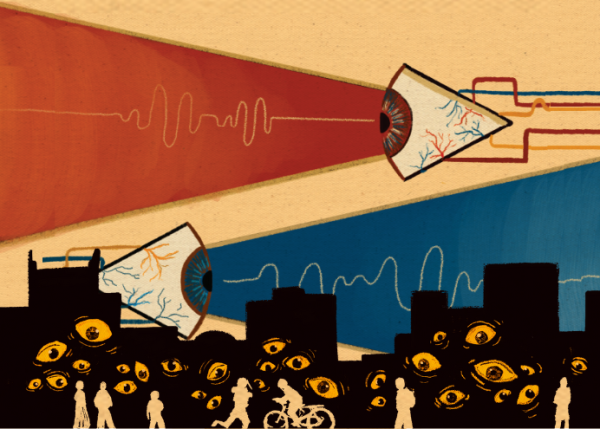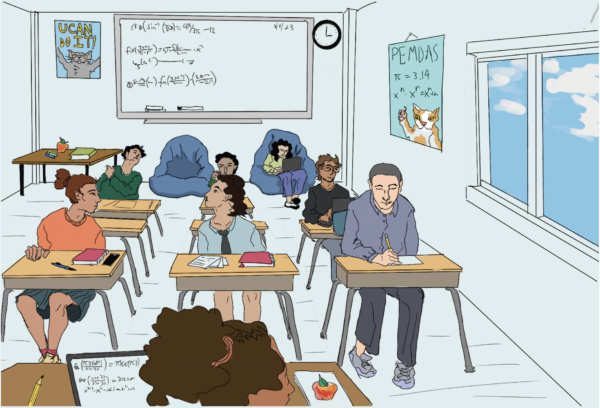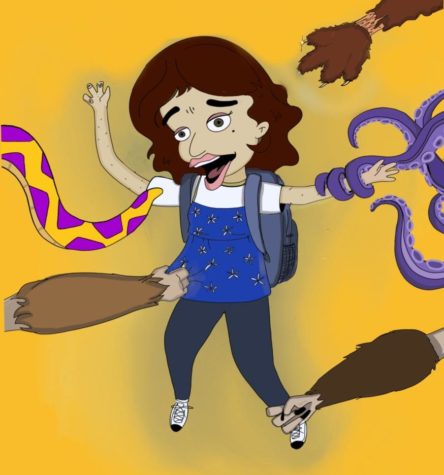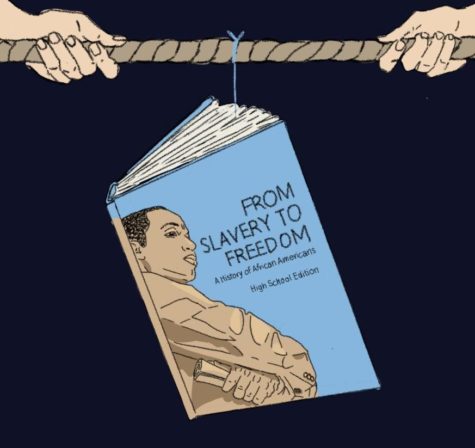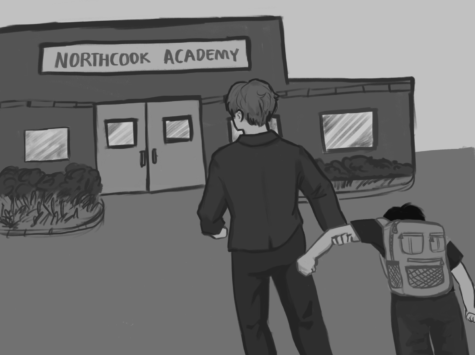Media desensitizes students to today’s violence
April 27, 2018
When four students were asked about their thoughts on the recent headline from the New York Times — “The Stormy Daniels Scandal Gets Serious” — two students did not recognize the name Stormy Daniels. When asked about another headline from the New York Times — “Stephon Clark Was Shot 8 Times…” — all four students were not aware who Stephon Clark was. When asked about their reaction to hearing about school shootings, all students expressed that they do not tend to be necessarily surprised.
“People are not spending any time reading news stories for themselves and coming up with their own opinions,”Cassie Schnatterly, multimedia analysis and communication teacher says. “Even though currently there is so much information, people aren’t as much informed.”
According Association for Psychological Science, findings from two studies they conducted “suggest that violent media makes people numb to the pain and suffering of others.”
“When bringing up a news story, students have expressed that they don’t care as much or are not as upset about the topic as much as they feel they should be,” Schnatterly says. “I think desensitization is something we need to be careful about with our culture.”
Both the The New York Times and Vox News recently reported that after some point, reader empathy decreases due to the tendency called “psychic numbing.” As the number of tragedies increases, The Journal of Experimental Social Psychology reports that readers experience decreased attention to violent events, decreased sympathy for violence victims and increased belief that violence is normative.
“Students have talked about how there is a lot of coverage right after the incident, then it dies down and people no longer think about or talk about the ramifications,” Schnatterly says.
Although desensitization to violence has seemed to be a widespread pattern, after speaking with ETHS students, the majority expressed that although they are no longer surprised when hearing about violence, they still have an emotional reaction.
“I tend to get especially upset when I see a news story covering large scale violence,” junior Emma Ringstad says.
Other students expressed that they actually do tend to follow the widespread trend of full desensitization.
“I tend to detach myself from stories about violence,” junior Abraham Sami Abraham says. “From my perspective, I don’t know if progress with gun violence will ever be made because of the rigid thinking of many politicians. I think it’s just going to keep happening.”
Students interviewed seemed to have the same reaction when reading stories about police brutality or other racially charged events. While they still had emotional reactions, students expressed that they are rarely surprised after hearing of such events.
“I’m not surprised when I hear stories about police brutality,” junior Sade Quadri said. “Racism is still very alive in our country and has been for a while.”
The majority of students expressed that the recent stream of news articles about scandals involving the president are especially disinteresting.
“I’ve become less inclined to be emotional and upset,” junior Gia Clarke says. “I feel almost immune to coverage of Trump and tend to just move on after reading something about him.”
Most students interviewed also expressed that they don’t necessarily pay attention to stories about politics, except if the story relates to them in some way.
“I’m not going to pay attention or be super engaged in a topic that I’m not super educated about,” freshman Mika Parisien says.
According to The Odyssey, after reading about some sort of tragedy that happened somewhere outside of the country, readers through feelings of sadness, but then forget about the event shortly after.
“Any tragedy is devastating,” senior Nadav Sered-Schoenberg said. “Unfortunately, our generation has grown used to and arguably desensitized to tragedies.”




